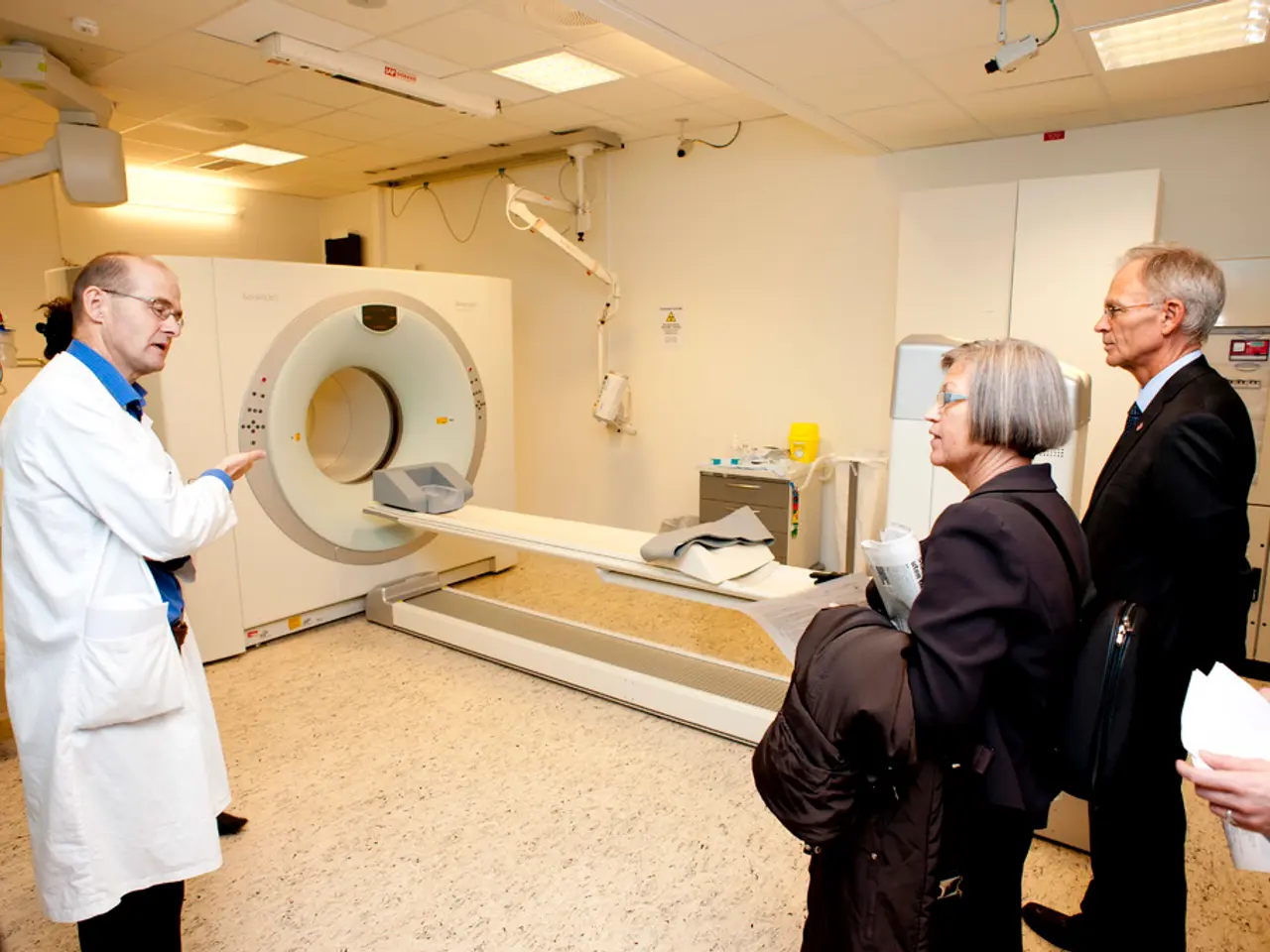Exploring Federated Learning in Healthcare: Applications and Advantages
Federated learning, a promising and rapidly evolving approach in the healthcare sector, is transforming the way AI models are trained. This innovative method enables AI models to be trained on distributed patient data from multiple institutions without sharing the raw data itself, thus improving AI solutions while protecting patient privacy.
Privacy Preservation at the Forefront
One of the key aspects of federated learning is its focus on privacy preservation. By transmitting only model parameters, federated learning ensures that patient data remains within its originating institution, solving the critical problem of data privacy and legal compliance. This architecture addresses concerns about data breaches and unauthorized access.
Improved Model Performance and Fairness
By aggregating learning from geographically and demographically diverse datasets without centralizing data, federated learning reduces biases that single-institution models often suffer from. This enhances diagnostic accuracy and helps ensure AI models are fair across different patient groups and populations.
Applications Across Healthcare Domains
Federated learning is finding applications in various healthcare domains, from clinical decision-making and patient care to specialized fields like plastic surgery risk prediction, aesthetic outcome assessment, and rare disease surveillance. This technology enables the building of robust predictive models for rare or complex conditions that single centers cannot support due to limited data volume.
Integration with Emerging Technologies
Federated learning is increasingly combined with advanced AI techniques such as deep learning, natural language processing, and edge computing to enhance smart healthcare systems. This integration supports real-time diagnostics, individualized care, and remote monitoring while managing data heterogeneity and computational challenges.
A Growing Market and Regulatory Landscape
With the healthcare AI market expected to grow substantially, federated learning serves as a key enabler by allowing collaborative AI development without compromising privacy or regulatory compliance.
Overcoming Challenges
Despite its potential, federated learning faces challenges, particularly in ensuring strong cybersecurity protections against potential cyberattacks, establishing technical infrastructure and standardization across institutions, overcoming biases in training data even within federated frameworks, and building governance structures for multi-institutional collaborations.
In summary, federated learning represents a high-potential technology in healthcare that balances the need for large-scale AI training with stringent patient privacy requirements. It is expected to play a pivotal role in advancing AI solutions for smarter, fairer, and privacy-respecting healthcare in the near future.
[1] Kairouz et al., 2019
[2] McMahan et al., 2017
[3] Liao et al., 2020
[4] Yang et al., 2019
[5] Li et al., 2020
- The strategy of federated learning, with its focus on privacy preservation, is instrumental in the training of AI models within the healthcare sector, as it allows for the transmission of only model parameters, ensuring that patient data remains secure and compliant with regulations.
- By harnessing the power of federated learning in conjunction with machine learning and artificial-intelligence, healthcare software can be developed to enhance diagnostic accuracy, reduce biases, and provide fair AI solutions across various demographic groups.
- The integration of federated learning with technology advancements like digital health and medical imaging, in addition to emerging AI techniques, helps optimize smart healthcare systems, enabling real-time diagnostics, tailored care, and remote monitoring while addressing data heterogeneity and computational challenges.




